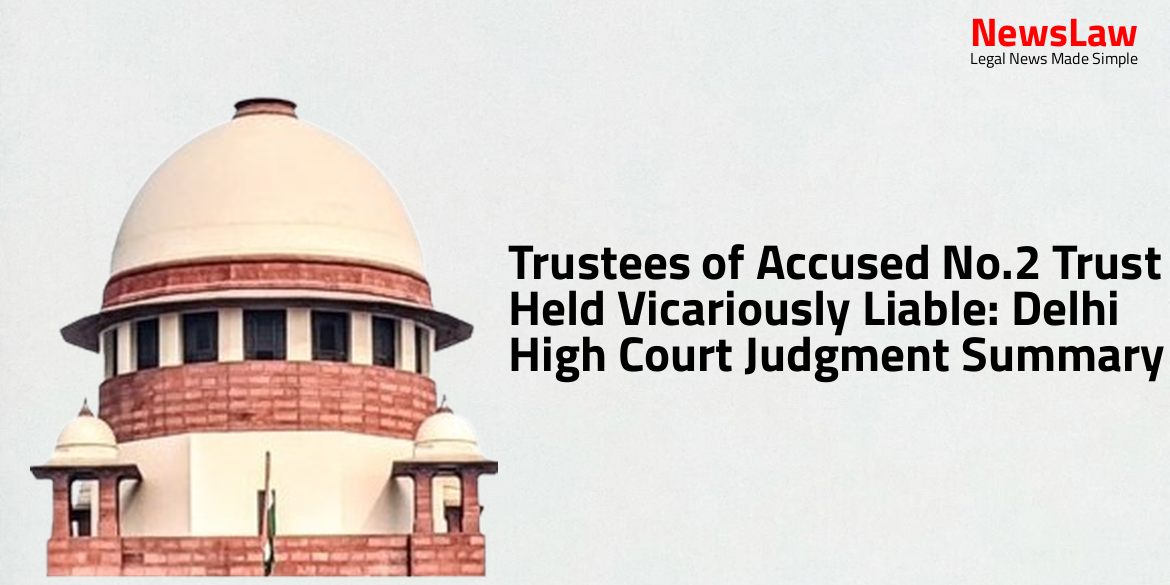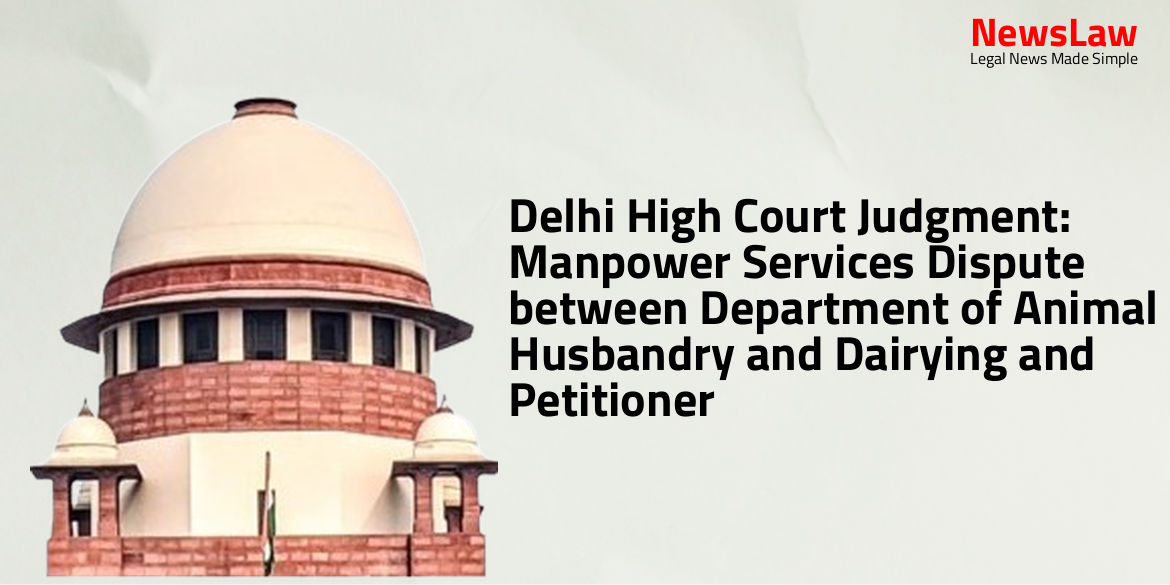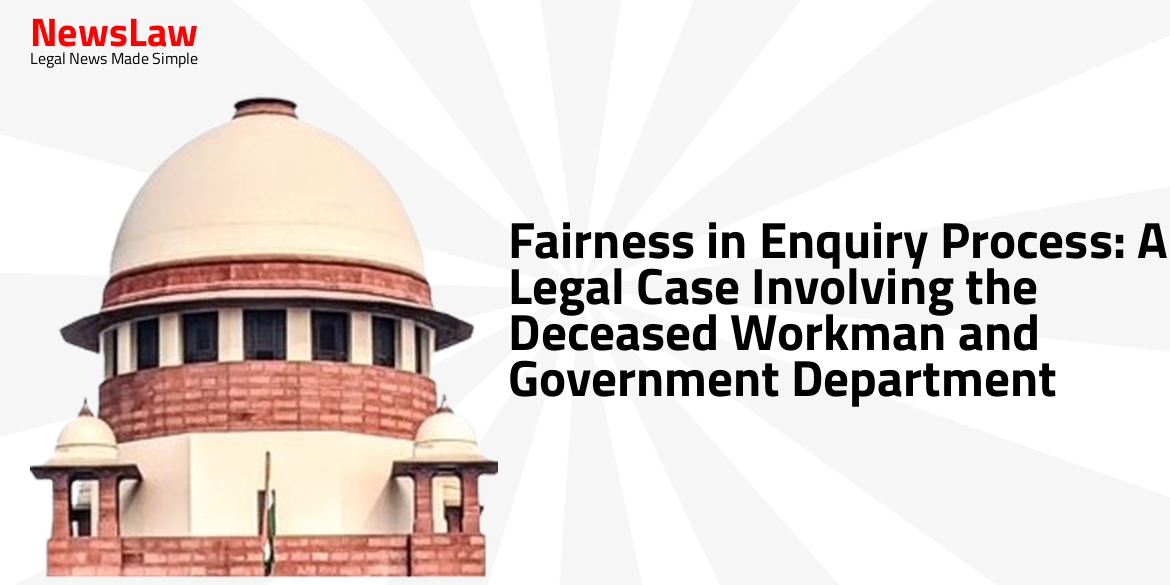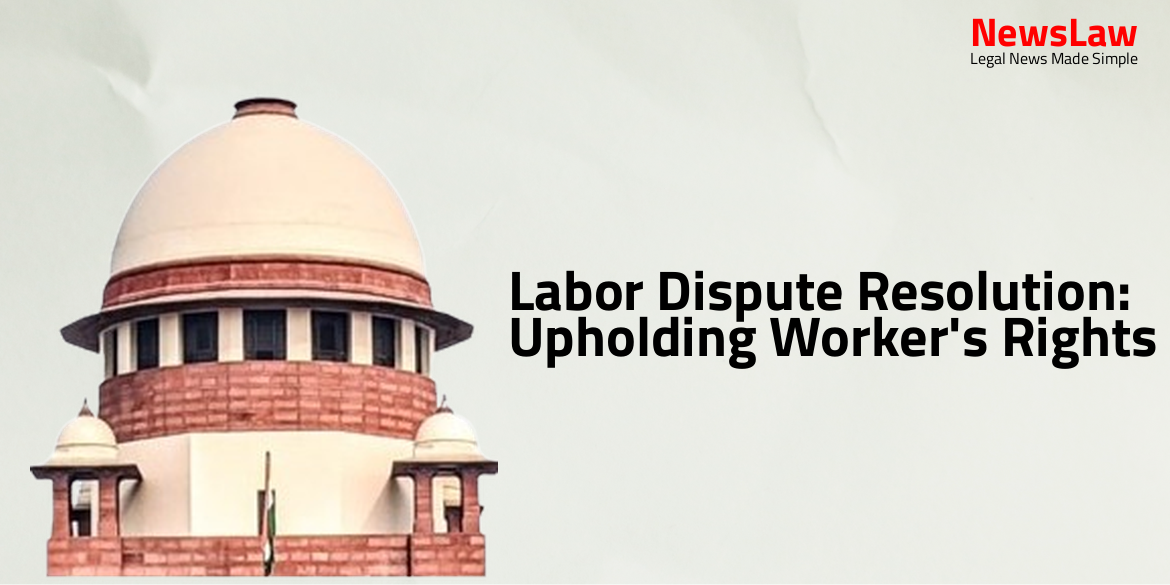In a recent judgment by the Delhi High Court, the Trustees of the Accused No.2 Trust have been held vicariously liable for the actions of the Trust in a loan transaction case. The Court’s decision highlights the importance of serving notice under Proviso (b) to Section 138 of the NI Act on the Trustees, making them accountable for the Trust’s conduct. Let’s delve into the details of this significant legal development.
Facts
- The complainant claimed that the accused nos. 1 to 10 induced them with false assurances and representations to enter into a loan transaction.
- The accused were alleged to have defaulted on interest payments and dishonored repayment cheques due to insufficient funds.
- Legal notices were issued to the accused for repayment, but they were not honored.
- The accused were accused of malafide intentions and cheating the complainant.
- The accused nos. 3 to 10 were claimed to have personally convinced the complainant to enter into the said transaction.
- The accused nos. 1 to 10 were accused of hatching a conspiracy and cheating the complainant for wrongful gains.
- The accused were alleged to have concealed their roles and misled the complainant regarding their positions and relationships.
- An application was filed under Section 319 of the Cr.P.C. for the impleadment of the petitioners as additional accused.
Arguments
- Service of notice under Proviso (b) to Section 138 of the NI Act on the accused is deemed mandatory for maintainability of a complaint under Section 138 of the NI Act.
- The judgments of the Supreme Court in Ashok Shewakramani & Ors. v. State of Andhra Pradesh & Anr., (2023) 8 SCC 473, and the High Court of Gujarat in Somesh Sarjivan Jain v. State of Gujrat support the mandatory nature of serving notice under Proviso (b) to Section 138 of the NI Act.
- The respondent(s) argue that serving notice on the Trust through its Trustees fulfills the requirement of Proviso (b) to Section 138 of the NI Act.
- The Trial Court allowed the application for summoning the petitioners as accused in the Complaint Cases, leading to the filing of the present petitions by the aggrieved petitioners.
- The respondent’s lawyer argues that the notice addressed to the Trust through its Trustees is sufficient notice to the Trustees themselves in their individual capacity.
- The lawyer cites the judgment of the Supreme Court in Kirshna Texport & Capital Markets Ltd. v. Ila A. Agrawal & Ors. (2015) 8 SCC 28 in support of this argument.
- Referring to the purpose of Section 319 of the Cr. P.C., the lawyer emphasizes that the real culprit should not escape punishment.
- It is pointed out that once it is known that the petitioners are Trustees of the accused no.2 Trust and are involved in transactions with the respondent(s), they can be proceeded against under Section 141 of the NI Act.
- The lawyer relies on the judgment of the Supreme Court in Hardeep Singh v. State of Punjab & Ors. (2014) 3 SCC 92 to support the contention that the purpose of Section 319 of the Cr. P.C. is to address such situations.
- Citing the judgment of the High Court of Madras in Abraham Memorial Educational Trust v. C. Suresh Babu, it is argued that all Trustees of a Trust can be equally liable under Section 141 of the NI Act.
- The respondent’s lawyer contends that amending complaints to include petitioners and changing the accused number does not fulfill the requirements of Section 141 of the NI Act.
- The lawyer argues that the Complaint Cases against the petitioners should be dismissed, as the respondent(s) were not initially aware of the Trustees of the Trust.
Analysis
- Section 138 of the NI Act deals with the dishonour of cheques due to insufficiency of funds.
- Proviso (b) to Section 138 requires the payee or holder in due course to give written notice to the drawer of the cheque within 30 days of receiving information about the dishonour.
- The offence under Section 138 is completed based on three conditions specified in the proviso.
- Section 141 establishes liability for the offence committed by a company, extending guilt to individuals in charge of the company’s business.
- Explanation (a) to Section 141 clarifies that ‘company’ includes any body corporate, firm, or association of individuals.
- Section 141 specifies that if a company commits an offence under Section 138, every person responsible for the company’s conduct at the time will also be deemed guilty.
- The judgment discusses the argument of lack of necessary pleadings in the complaint cases, dismissing it as lacking merit.
- The Trustees of a Trust fall under the definition of ‘company’ under the NI Act, making them responsible for the trust’s business conduct.
- The petitioners’ plea regarding the lack of notice under Proviso (b) to Section 138 of the NI Act is addressed, with the Court finding it unnecessary to issue separate notices to Directors of a company apart from the company itself.
- The Court emphasizes that the Directors of a company would naturally be aware of notice of demand issued to the company and therefore, no additional individual notices are required under Section 138 of the Act.
- The judgment highlights that vicarious liability is created by Section 141 for those responsible for running the affairs of a company, making them liable even without being issued individual notices.
- Notices served on the Trust through its Trustees meet the requirement of Proviso (b) to Section 138 of the NI Act, making the Trustees vicariously liable.
- Accused nos. 11 and 12 were actively involved in the entire transaction, thus liable under Section 138 of the Act.
- The Court clarifies that the notice needs to be given specifically to ‘the drawer of the cheque,’ which in this case is the accused no.2 Trust.
- The judgment discusses the obligations and consequences laid out in Section 138 and reiterates the importance of serving the notice to the appropriate party, in this case, the Trust.
- Admittedly notice(s) in the present Complaint Cases has been sent to the drawer, that is, the accused no.2-Trust.
- Supreme Court considered the provision of Proviso (b), Section 141 and Section 7 of the NI Act.
- In the case of Kirshna Texport and Capital Markets Ltd. (supra), the Supreme Court held the above points.
Decision
- The Court has not expressed any opinion on the merits of the Complaint Cases
- Observations made in the judgment will not prejudice the petitioners in their defence
- No merits found in the present petitions
- Pending applications disposed of as they are rendered infructuous
Case Title: HARPREET SAHNI & ANR. Vs. VINOD HEMNANI (2024:DHC:3916)
Case Number: CRL.M.C.-6097/2022



